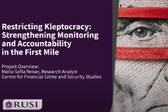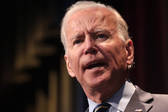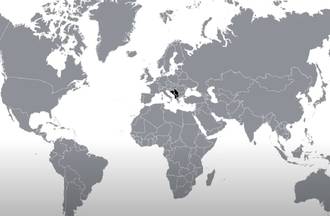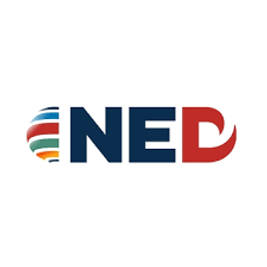Restricting Kleptocracy
Empowering civil society and the media to tackle illicit financial flows in Latin America, East Africa and the Western Balkans.
Corrupt individuals and kleptocratic politicians worldwide continue to loot their countries’ wealth with impunity. Strengthening the capabilities of investigative journalists and civil society can contribute to addressing this challenge before the illicit funds disappear into the global financial system.
This project, ‘Restricting Kleptocracy: Strengthening Monitoring and Accountability in the First Mile’, centres on Latin America, East Africa and the Western Balkans. All three regions are suffering from the impact of illicit financial flows and corruption.
They also have a vibrant civil society and media community that operates with the necessary freedom to hold those benefiting from illicit finance to account. This project includes capacity building workshops focused on the domestic and international standards related to combatting illicit finance. It also supports international connections to advance their ability to challenge illicit financial activity and contribute more effectively to the wider anti-kleptocracy movement.
Aims and objectives
This project engages with journalists and civil society actors focused on financial crime in East Africa, Latin America and the Western Balkans and beyond to empower them to hold government institutions and regulated businesses to account on their roles and responsibilities in tackling domestic financial crime. It also aims to build connections between local and international efforts to identify and investigate kleptocratic activity.
Project outputs
Throughout 2021 and 2022 our workshop series covered the following issues, which are integral components for understanding – and therefore tackling – illicit finance:
- Laws and regulations that should be applied to prosecute corrupt activity.
- International standards that countries should be applying to tackle financial crime.
- The policy accountability chain, from the responsible local government bodies up through international standard setters.
- The responsibilities placed on private sector actors whose skills and services are used by the corrupt to move money out of their home countries and into the international system
- Case studies of financial theft and the subsequent movement of illicit flows.
- The networks and tools that could support their work.
In 2022, the project has released a series of webinars, podcasts and videos looking specifically at connecting top-down global standards with bottom-up activity, to continue to strengthen civil society and investigative journalist communities.
The second phase of this project will continue until 2024. It will cover the issues of asset recovery and beneficial ownership transparency as FATF priorities. The project will develop a series of workshops and materials on these issues along with resources to better understand FATF processes, Listings and Mutual Evaluation Reports.
Watch the videos

Newsbriefs

In 2022, the project has released a series of webinars, podcasts and videos looking specifically at connecting top-down global standards with bottom-up activity, to continue to strengthen civil society and investigative journalist communities.
Project sponsor
National Endowment for Democracy (NED)
The National Endowment for Democracy (NED) is a private, nonprofit foundation dedicated to the growth and strengthening of democratic institutions around the world. Each year, NED makes more than 2,000 grants to support the projects of non-governmental groups abroad who are working for democratic goals in more than 100 countries.
Find out more












